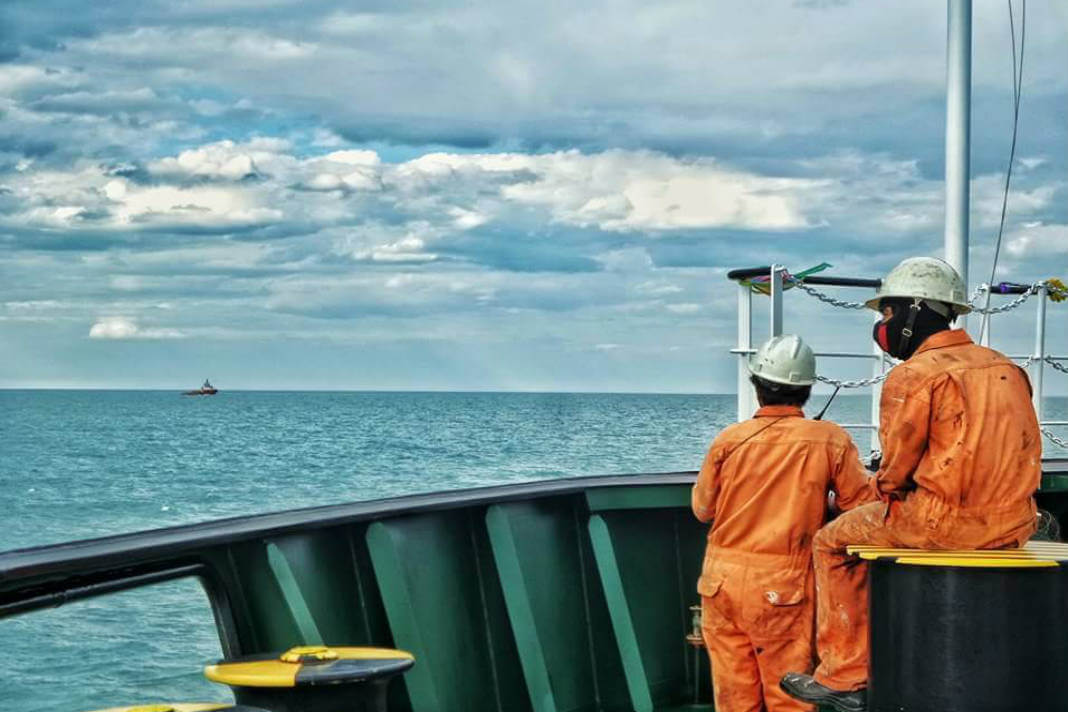
The world’s seafarers are trending in the media at the moment, with the UK’s Guardian and BBC News covering the fact that some are stretched to their limits working beyond their contracts, exhausted, under stress, and invisible to the governments that rely on the goods they carry.
Many seafarers are currently stranded on ships around the world because of coronavirus lockdowns. With port and air route bans for individual travellers, many of the world’s 1.6 million seafarers cannot go home, while relief crews cannot be brought in.
They are working past the end of their contracts and the International Chamber of Shipping estimates 150,000 of them are stuck onboard cruise ships, transporters, tankers and other vessels.
Last week the IMO issued a 12-step plan to 174 member states providing them with a road map and procedures to free seafarers from their Covid-19 lockdown and allow them to join or leave ships.
The International Transport Workers’ Federation (ITF) say that governments need to recognise the critical role our seafarers play in the global supply chain. They also say that seafarers must be acknowledged by governments as key workers, and offer them immediate exemptions from Covid-19 restrictions and allow crew changeovers.
According to the Guardian, many governments are making huge efforts to ensure cargo continues to be delivered safely. But there is no similar effort to help seafarers. The European commission has issued guidelines to facilitate the safe movement of seafarers and shipping companies, suggesting key ports – including Singapore, Rotterdam, Gibraltar and Hong Kong – where crew changes could take place safely. But unions have said port states and governments are not responding.
They say it is becoming a health and safety crisis and it’s getting worse by the day. Kees Wiersum, captain of a Dutch-flagged specialised cargo ship currently sailing off the coast of Madagascar, said he is concerned about “fatigue and depression” among his 21-man, mainly Filipino, crew.
“They are in contact with their families, but if something happens, they can’t do anything,” said Wiersum. “We are trying to keep their spirits up, but they will tell you their families need them home. Some of them are expecting babies and they can’t get home for the births.”
Even if they were repatriated to the Philippines, one of the largest suppliers of seafarers in the world, they would face the additional obstacle of overcrowded quarantine facilities in Manila.
ITF says that one of the most pressing problems is that seafarers are not being afforded the usual rights to get medical treatment at ports. Fabrizio Barcellona, from the seafarer section of the ITF, said he was receiving 10–15 reports of medical emergencies a day.
Guy Platten, general secretary of the International Chamber of Shipping, described the plight of seafarers as a “ticking timebomb”.
“We could start to see disruption to trade, and more importantly we risk accidents and mental health issues. Putting this off is no longer an option.”
Please help our seafarers and share this story today.

